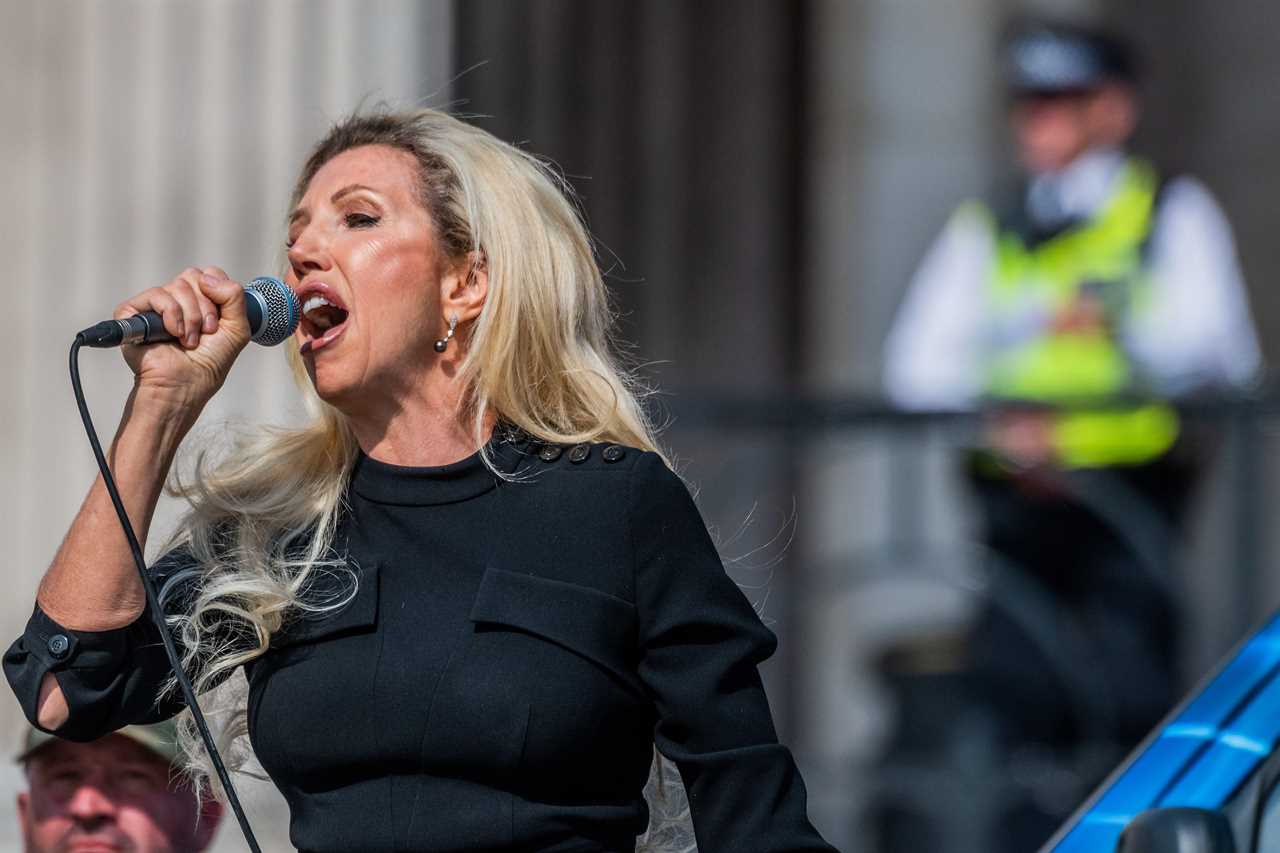
Within the intricate tapestry of healthcare decision-making, a mother's alleged impact on her daughter's cancer treatment raises profound questions about autonomy, belief systems, and familial dynamics. The tragic story of Kay "Kate" Shemirani and her daughter Paloma prompts a closer look at the intersections of personal choice, medical intervention, and the boundaries of influence.
Family Dynamics and Treatment Decisions
At the heart of this narrative lies a contentious debate over the role a parent plays in shaping a child's healthcare choices, particularly in the case of serious illnesses like cancer. The assertion by Paloma's twin brother, Gabriel, that their mother obstructed life-saving treatment underscores the complexities of familial relationships in medical decision-making processes. How do familial dynamics, personal beliefs, and emotional ties intersect in such critical moments?
The Wider Context: Autonomy versus Influence
Examining the balance between individual autonomy and external influence in healthcare decisions unveils broader societal conversations around personal agency and informed consent. When does support and guidance cross into coercion, and how do we navigate the fine line between respecting autonomy and safeguarding well-being, especially in contexts of conflicting beliefs and values?
Alternative Therapies and Medical Narratives
The exploration of alternative treatments and their influence on personal health narratives adds another layer of complexity to Paloma's story. How do divergent views on conventional medicine versus alternative therapies shape individuals' choices and perceptions of well-being, and what role do societal attitudes towards these modalities play in shaping healthcare decisions?

Ethical Considerations and Legal Implications
As the inquest unfolds, questions of ethical responsibility, legal accountability, and the boundaries of parental influence in medical decision-making come to the fore. How do we balance individual rights with duty of care, and what obligations do healthcare providers, families, and society hold in ensuring that individuals receive appropriate and timely treatment?
Amidst the intricate layers of this case, one thing remains clear - the need for nuanced discussions that acknowledge the multifaceted nature of healthcare decision-making, the impact of belief systems on choices, and the delicate balance between individual autonomy and external influences. As the inquest continues, it serves as a poignant reminder of the complexities inherent in navigating the intersection of personal choice, medical intervention, and familial dynamics in the realm of healthcare.
Did you miss our previous article...
https://trendinginthenews.com/cancer/unveiling-subtle-nail-signs-of-deadly-illness-a-call-for-vigilance






